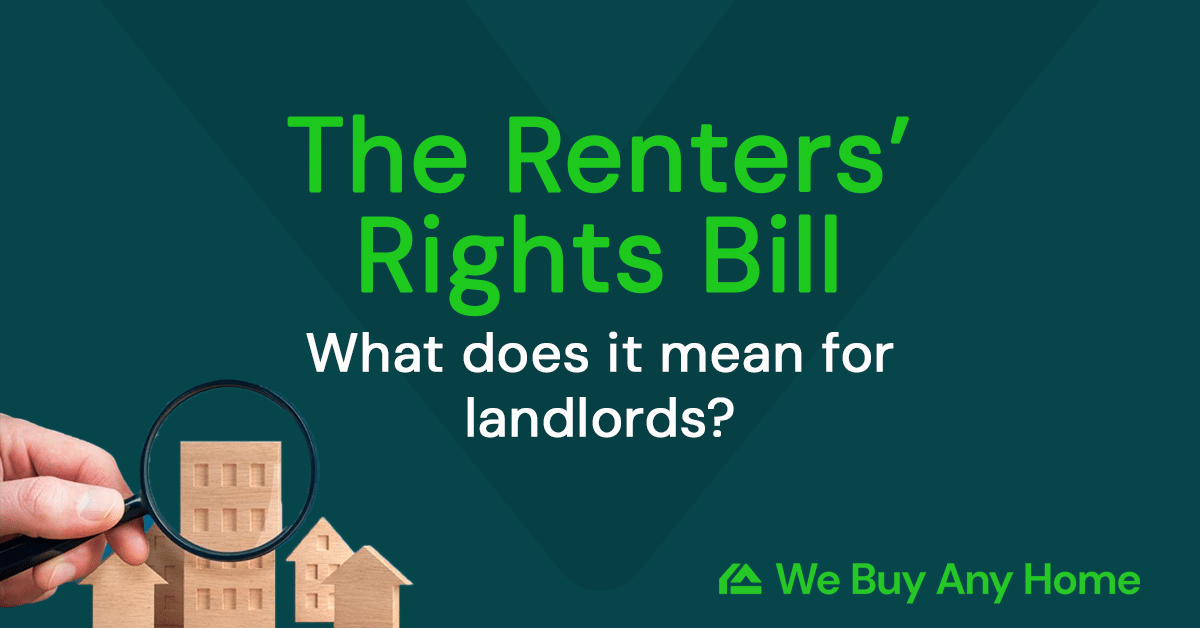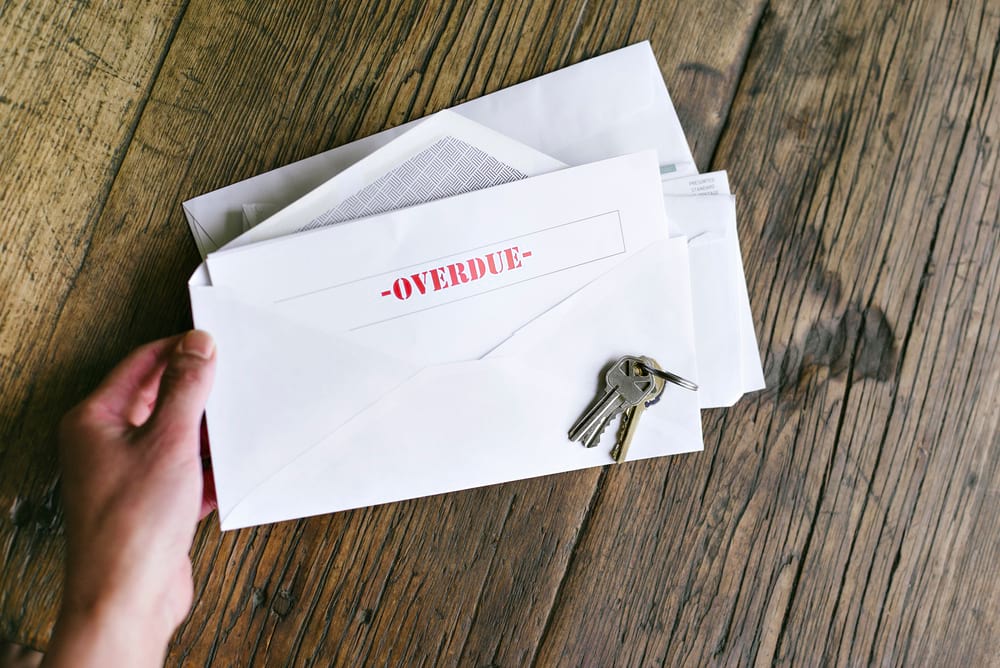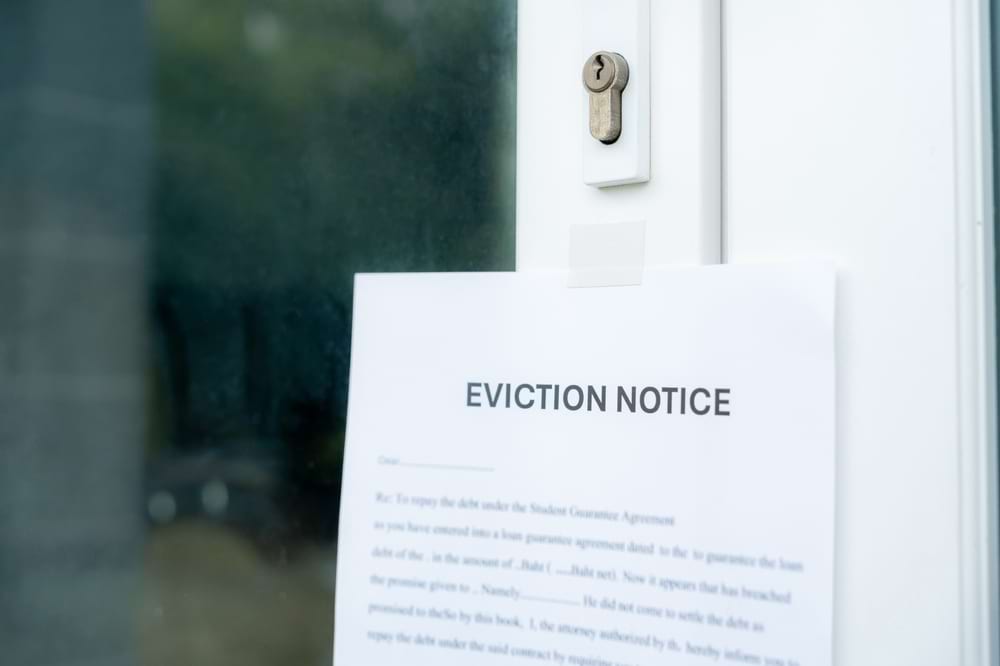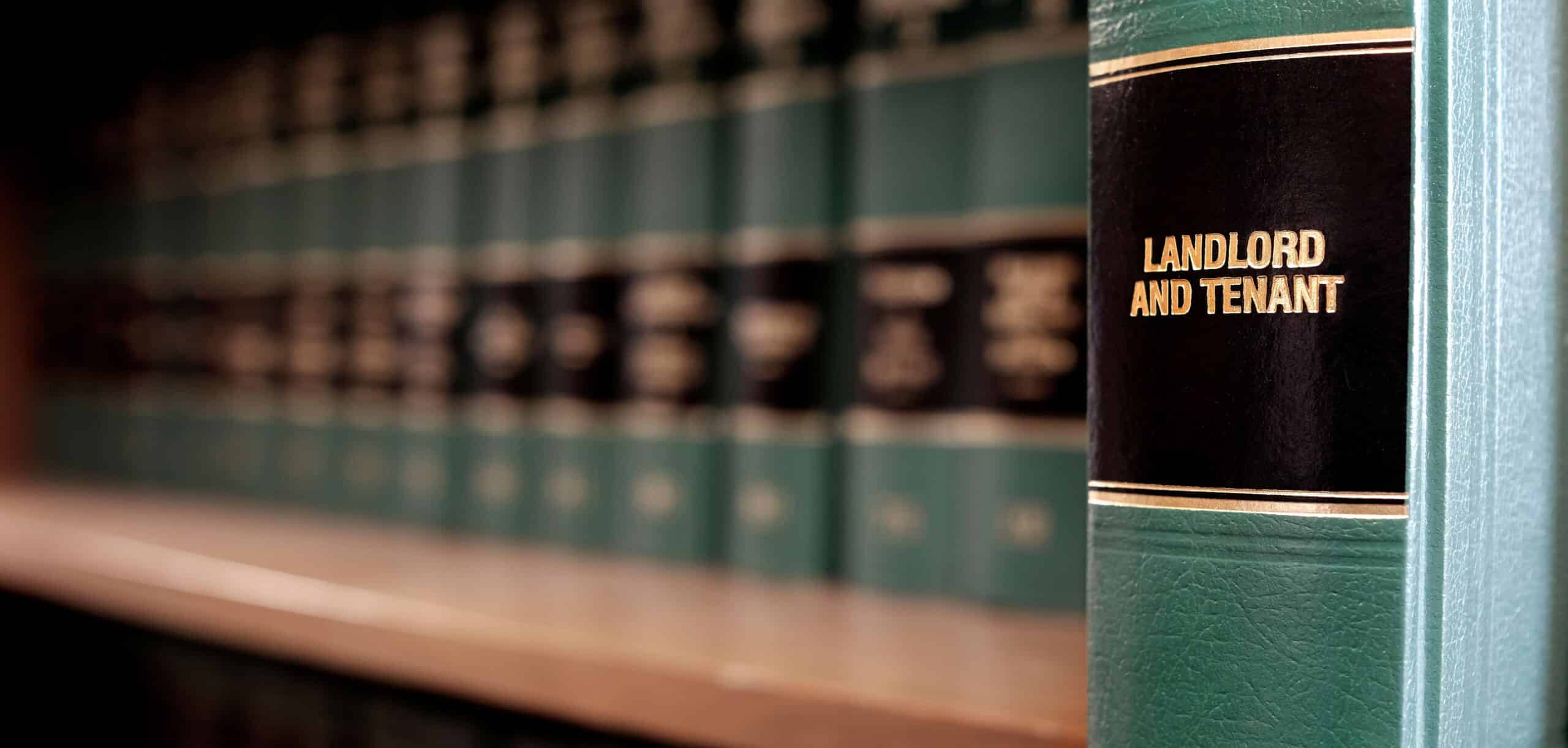There has been a campaign to abolish ground rent for a few years now.
The subject is often raised in the media and parliament.
So, will ground rent be abolished? And if so, when?
Read on to learn more.
What is ground rent?
Ground rent is a regular payment made by a leaseholder to a freeholder.
It’s paid in exchange for the leaseholder’s right to live on the freeholder’s land.
In most cases, ground rent is paid directly to a freeholder annually. The average cost in the UK is £298 per year.
Until a few years ago, ground rent was found in most leasehold contracts.
Other similar charges
When you buy a leasehold property, ground rent is one of the two main annual charges you must pay.
Service charge
The other is the service charge, which is usually much more expensive.
It covers the cost of maintaining and running communal areas in a block of flats, including:
- Building insurance
- Cleaning communal areas
- Maintenance of lifts, gardens, and other shared facilities.
And more.
Peppercorn ground rent
In some cases, a freeholder will charge peppercorn ground rent. This means that only some payments are expected from the leaseholder.
This is used to make the contract legally binding when the freeholder has no interest in generating income from ground rent.
Why are many people critical of ground rent?
Unnecessary costs
Ground rent is sometimes reduced to a symbolic amount, known as peppercorn rent (see above).
This demonstrates that it is often not essential for the freeholder’s income or property maintenance.
Lack of transparency
Freeholders are not required to disclose how ground rent is used.
This lack of transparency has led to concerns that the funds are not being used for the benefit of the leaseholders.
Increasing costs
Ground rent can increase over time, sometimes doubling every few years.
This can lead to significant financial hardship for leaseholders, especially as property values and living costs rise.
Double charging
Leaseholders may be required to pay ground rent and contribute to a sinking fund for building repairs.
In other words, they are double-charged for the same purpose.
Are the rules changing around ground rent?
In 2022, the UK government introduced the ‘Leasehold Reform Act’. This aims to reimagine several parts of the leasehold process, including ground rent.
Ground rent is now prohibited for new residential leases of over 21 years. This applies to almost all new developments.
It doesn’t apply to existing leaseholds. However, the goal is for it to be phased in for these situations one day, too.
These rule changes are mainly for residential leases.
Exceptions
Exceptions exist for:
- Leases for commercial property
- Home finance leases
- Community housing leases.
If landlords fail to comply with these new rules, they could be fined up to £30,000.
When will ground rent be abolished?
Ground rent will be abolished for all new residential leases moving forward.
The government plans to set a ground rent cap on all existing leases. This cap will be a peppercorn.
Ground rent may disappear once this becomes law in the next few years.
You should stay current with this subject to see when bills get passed in parliament.
It’s also worth speaking to an expert who can guide you as new laws get introduced.
Ways to avoid paying ground rent
There are several ways you can avoid paying ground rent.
1. Buy the freehold
This puts you in the driver’s seat and stops you from having to pay ground rent to anyone. However, this isn’t always possible if you’re living in a flat.
2. Buy a share of freehold
In this latter scenario, you could team up with the other leaseholders to buy a share of freehold.
You will all then collectively own the freehold. You can determine how much ground rent is – such as zero, if you wish.
You could also approach this subject with your freeholder.
3. Sign a deed of variation
Signing a deed of variation allows you to change the ground rent levels to whatever you want.
If you agree to make it zero, this document will be binding.
What happens if I fail to pay ground rent?
Once you sign a lease agreement saying that you’ll pay ground rent, it’s your legal obligation to do so.
If you fail to meet this payment, your freeholder can take action against you. This could include asking for all the unpaid payments in one go.
Or they could apply to evict you from the property if you’ve fallen into arrears greater than £350. You should get legal support in this situation.



















